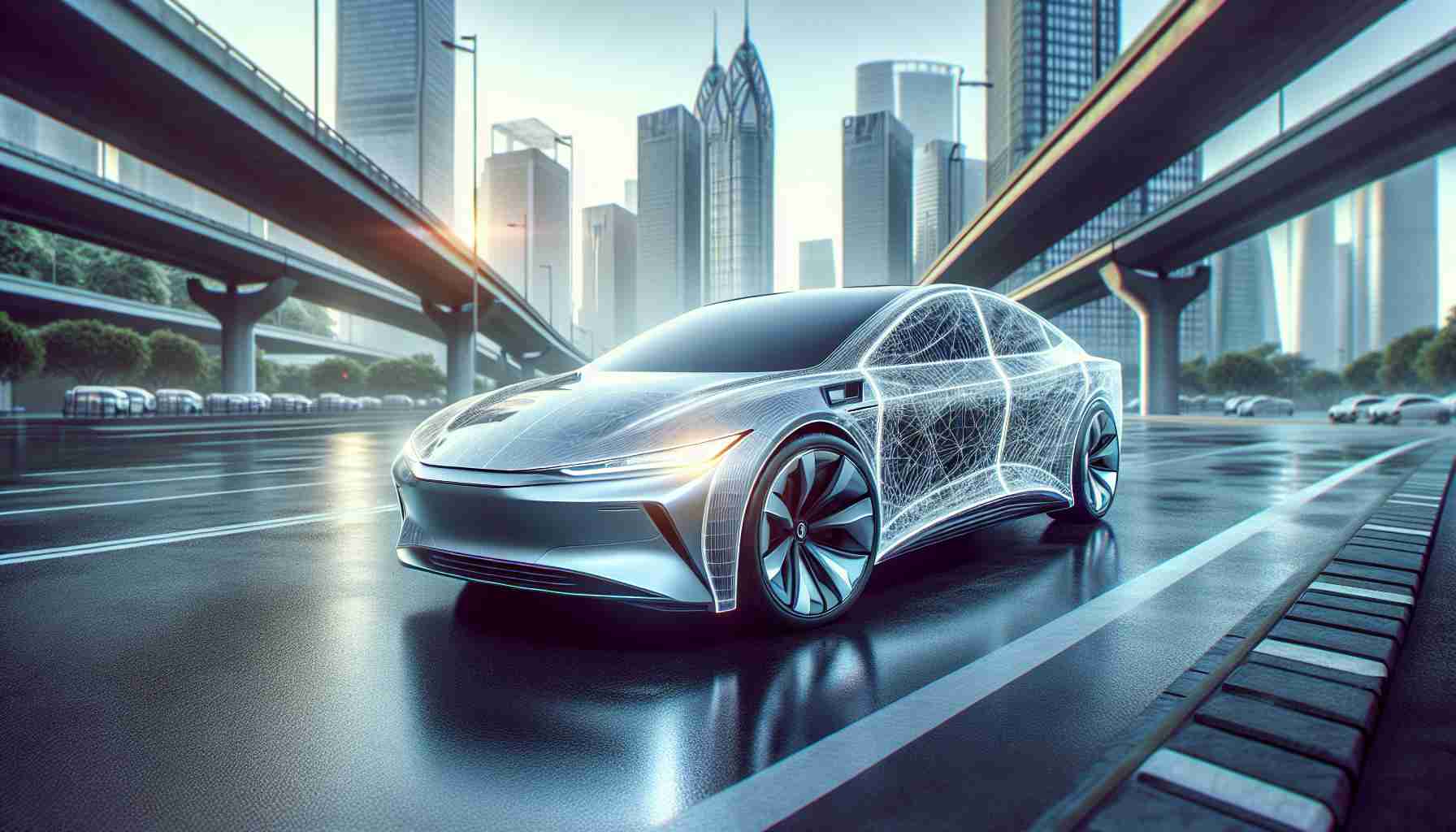Xiaomi, traditionally known for its dominance in the smartphone arena, has recently steered into the electric vehicle (EV) lane, marking an impressive start with its premiere vehicle in China. The entrant’s initial sedan has swiftly garnered attention, securing Xiaomi the position of the eighth-largest EV startup in the country.
The arrival of Xiaomi’s EV, the SU7 sedan, has been met with considerable success, sweeping through the Chinese electric car market with commendable first-month sales figures. Industry statistics indicated that in April alone, over 7,000 units were sold. This bold move indicates Xiaomi’s ambition to become a prominent player in the EV industry, threatening to shake up the existing hierarchy within the world’s most significant automobile market. Amidst a milieu of competitive pricing and softening consumer demand, Xiaomi’s foray is a notable addition to the intensifying rivalry.
The brand’s initial success positions it alongside other emerging EV companies such as Nio and Xpeng, which are carving out a new niche, separate from traditional automakers like Volkswagen and industry giants like Tesla, BYD, and Geely.
With the first full month of sales exceeding 7,000 for the newly launched SU7 sedan, Xiaomi sets its sights on an ambitious annual goal. The company aims for over 100,000 vehicles delivered within the year, which would necessitate maintaining an average monthly sale of nearly 12,000 units. If sustained, these figures could considerably disrupt the current EV market dynamics in China.
Important Questions and Answers:
Q: What is significant about Xiaomi’s entry into the electric vehicle market?
A: Xiaomi’s entry into the electric vehicle market is noteworthy because the company has been historically associated with consumer electronics, particularly smartphones. Its successful debut with the SU7 sedan signals Xiaomi’s potential to be a significant competitor in the EV industry and may disrupt the market dynamics in China.
Q: How does Xiaomi’s initial sales performance compare with other EV startups?
A: Xiaomi’s initial sales figures have been impressive, positioning it as the eighth-largest EV startup in China. Its sales in the first month rival or sometimes even surpass figures from established EV startups such as Nio and Xpeng, making it a noteworthy entrant into the market.
Q: What sales target has Xiaomi set for the year?
A: Xiaomi aims to deliver over 100,000 vehicles within the year, which would require an average monthly sale of roughly 12,000 units. Achieving this goal would represent a significant milestone for the company as it would confirm its capacity to maintain strong sales momentum beyond the initial launch hype.
Key Challenges or Controversies:
One challenge for Xiaomi is to sustain its initial sales momentum in the long term. While a strong debut is encouraging, the automotive industry demands consistent performance, customer satisfaction, and robust after-sales service. Additionally, as a new entrant in a highly competitive market, Xiaomi will need to invest in research and development, manufacturing infrastructure, and a reliable supply chain to sustain growth.
Controversy may arise regarding Xiaomi’s ability to differentiate itself in the EV market, which is increasingly crowded with numerous players introducing a range of innovative vehicles. Xiaomi must therefore ensure that its vehicles offer unique value propositions that appeal to consumers.
Advantages and Disadvantages:
Advantages:
– Consumer electronics expertise: Xiaomi’s experience in consumer electronics may provide it with an edge in integrating advanced technological features into its EVs.
– Brand recognition: Xiaomi is a well-known brand, which may help it to gain customers’ trust more quickly.
– Market potential: With China being the largest market for EVs globally, Xiaomi’s presence in its home country could lead to a strong customer base if managed successfully.
Disadvantages:
– Late entry: Xiaomi is entering an already crowded market, which means it must work harder to establish a foothold.
– Manufacturing complexities: Vehicle production and distribution are complex, and Xiaomi will likely face challenges as it scales up operations.
– Competition: Stiff competition from established automakers and other EV startups may pose significant barriers to gaining market share.
Suggested Related Links:
– For more information on Xiaomi’s corporate background and other consumer technology products, visit Xiaomi Official Website
– To explore the trends and statistics of the EV market in China, you can check Caixin Global for industry news.
The source of the article is from the blog windowsvistamagazine.es
